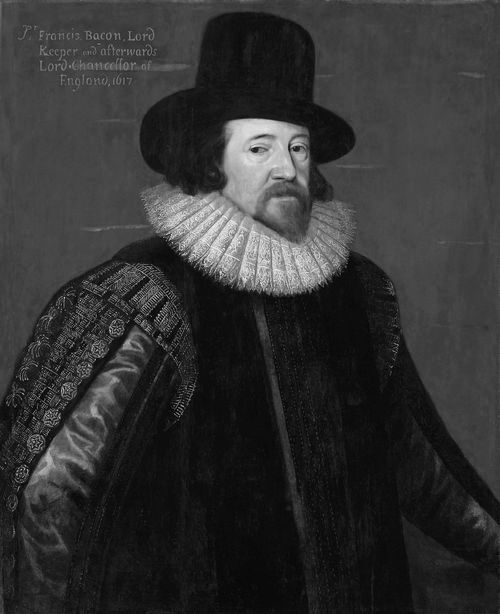
Photo Attribution: Paul van Somer I, Public domain, via Wikimedia Commons
Francis Bacon
This example has been viewed 559x times
Summary
Rodden Rating
Analysis for Francis Bacon
Biography
Francis Bacon, 1st Viscount St Alban,[a] 1st Lord Verulam, PC (/ˈbeɪkən/;[5] 22 January 1561 – 9 April 1626) was an English philosopher and statesman who served as Attorney General and Lord Chancellor of England under King James I. Bacon argued the importance of natural philosophy, guided by scientific method, and his works remained influential throughout the Scientific Revolution.[6]
Bacon has been called the father of empiricism.[7] He argued for the possibility of scientific knowledge based only upon inductive reasoning and careful observation of events in nature. He believed that science could be achieved by the use of a sceptical and methodical approach whereby scientists aim to avoid misleading themselves. Although his most specific proposals about such a method, the Baconian method, did not have long-lasting influence, the general idea of the importance and possibility of a sceptical methodology makes Bacon one of the later founders of the scientific method. His portion of the method based in scepticism was a new rhetorical and theoretical framework for science, whose practical details are still central to debates on science and methodology. He is famous for his role in the scientific revolution, promoting scientific experimentation as a way of glorifying God and fulfilling scripture.
Bacon was a patron of libraries and developed a system for cataloguing books under three categories – history, poetry, and philosophy – [8] which could further be divided into specific subjects and subheadings. About books he wrote: "Some books are to be tasted; others swallowed; and some few to be chewed and digested."[9] The Shakespearean authorship thesis, a fringe theory which was first proposed in the mid-19th century, contends that Bacon wrote at least some and possibly all of the plays conventionally attributed to William Shakespeare.[10]
Bacon was educated at Trinity College at the University of Cambridge, where he rigorously followed the medieval curriculum, which was presented largely in Latin. He was the first recipient of the Queen's counsel designation, conferred in 1597 when Elizabeth I reserved him as her legal advisor. After the accession of James I in 1603, Bacon was knighted, then created Baron Verulam in 1618[2] and Viscount St Alban in 1621.[1][b] He had no heirs, and so both titles became extinct on his death of pneumonia in 1626 at the age of 65. He is buried at St Michael's Church, St Albans, Hertfordshire.[12]
source:
Raw Data
Horoscope Data
Comments
Natal Data
1561-02-01 07:44:00 GMT
51° 30′ 26.0″ N 0° 7′ 39.3″ W
London, UK













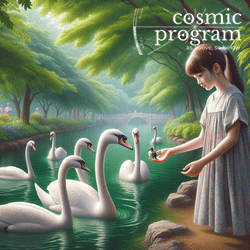







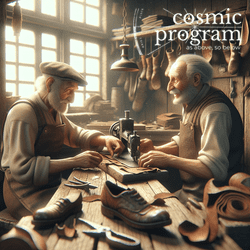



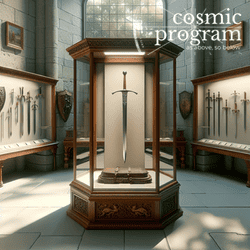



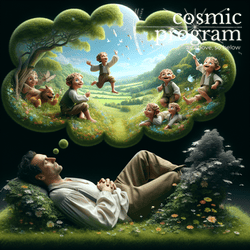








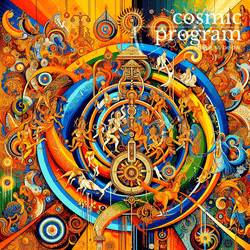



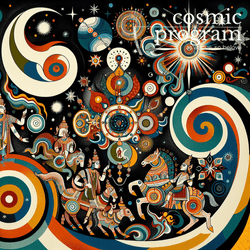

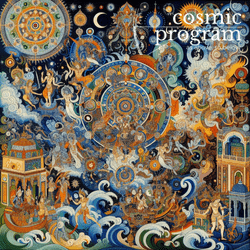

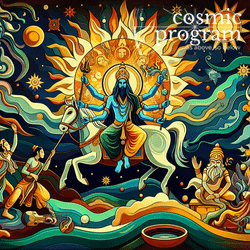
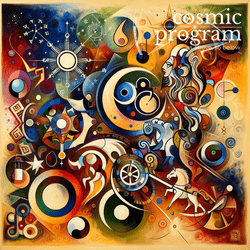

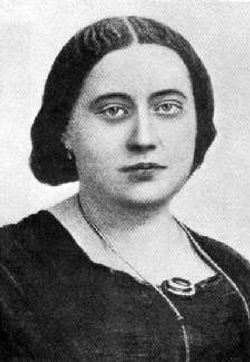
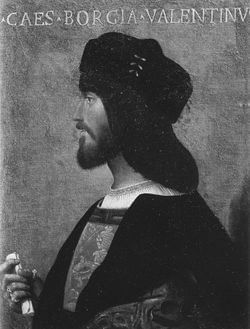
(c).jpg?bossToken=03bd14f9d06d50f0a3d6fc850bf034abe045887eaa73d9498a19b741683e675d)
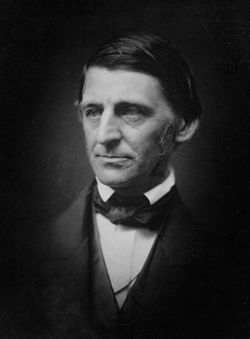
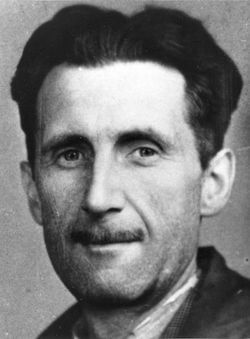

.jpg?bossToken=aad8b16d54c054e304a8039c1753dd8d23e0ec6b3d22bcb7d61c80efa2886fa0)
.jpg?bossToken=d634fbe03c8d3b9180db809349bd0c990a3dd7716476e7cd9830ebe6100148c4)
.jpg?bossToken=a407825afc9ad0098c36f2f4cfefc2c934d4dff2dbc090a2c4ed299a12d7ffd0)



